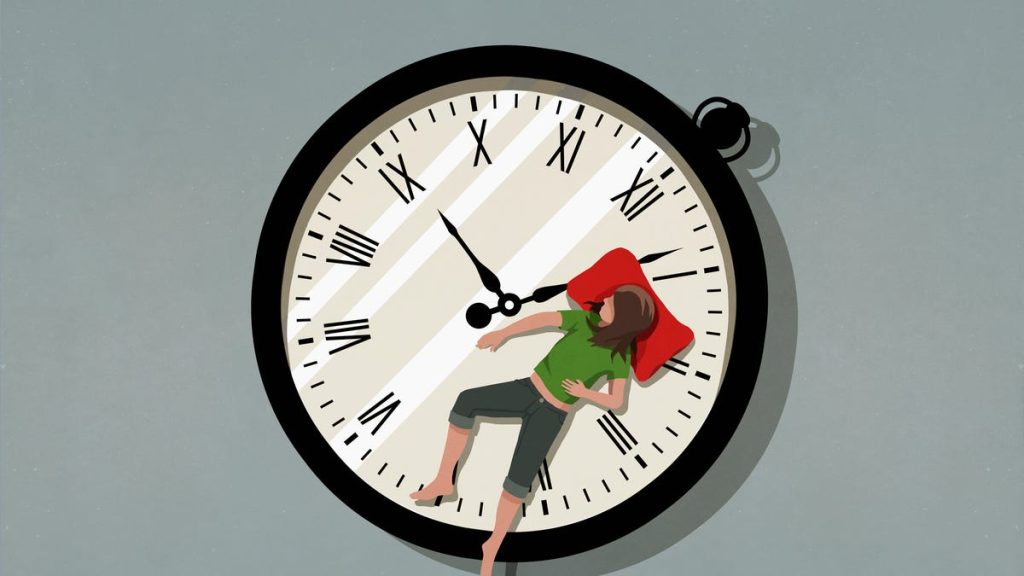Daylight saving time (DST) is coming to an end, leading to shorter days and longer nights. Many people find that the time change affects their sleeping habits, with 25% reporting difficulties falling asleep or staying asleep. To help reset your body’s internal clock, or circadian rhythm, consider following tips such as not adjusting your wake-up time immediately after the time change, avoiding alcohol, caffeine, and unhealthy meals before bed, and getting morning light exposure to reduce drowsiness. DST can disrupt your circadian rhythm, leading to sleepiness in the morning and increased energy in the evening, similar to jet lag when traveling to different time zones.
The consequences of DST can result in individuals sleeping around 40 minutes less following the start of DST, along with an increase in workplace accidents, heart attacks, mood swings, and car crashes. Poor sleep quality and changes in the sleep-wake cycle are driving factors behind these events, contributing to arguments for abolishing DST. However, some research suggests benefits to observing DST, such as a decrease in car-crash fatalities in the long term due to longer daylight hours and a decline in crime rates occurring during daylight hours. Additionally, DST may promote less energy consumption, with previous studies showing a significant saving in energy usage during extended daylight saving periods.
Experts continue to debate the benefits and drawbacks of observing DST and whether it should be maintained. In the meantime, individuals can take steps to combat the negative side effects of DST, such as establishing healthy sleep hygiene practices, including getting adequate sleep, avoiding stimulating substances before bed, and seeking morning light exposure. These strategies can help regulate your circadian rhythm and minimize the impact of DST on your overall health and well-being. It’s important to recognize the potential disruptions caused by DST and take proactive measures to prioritize healthy sleep patterns and promote better sleep quality.















